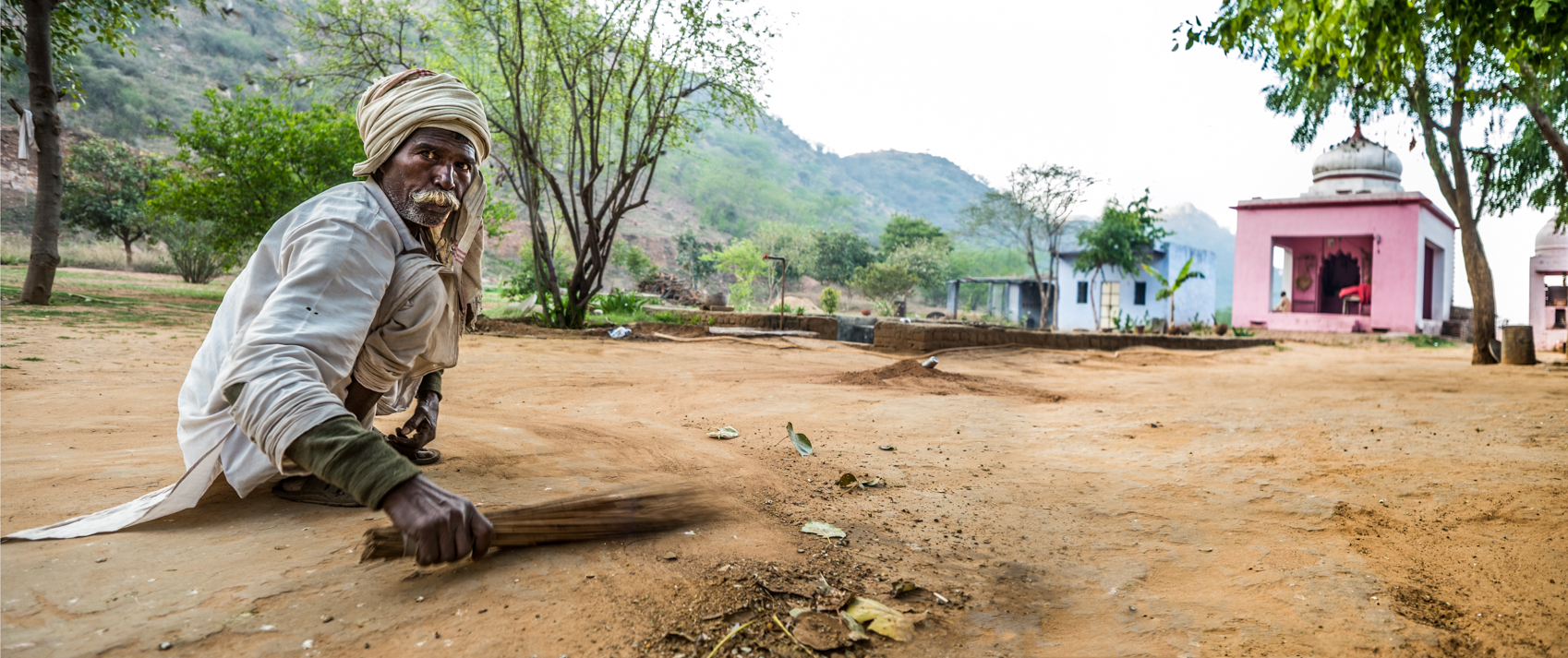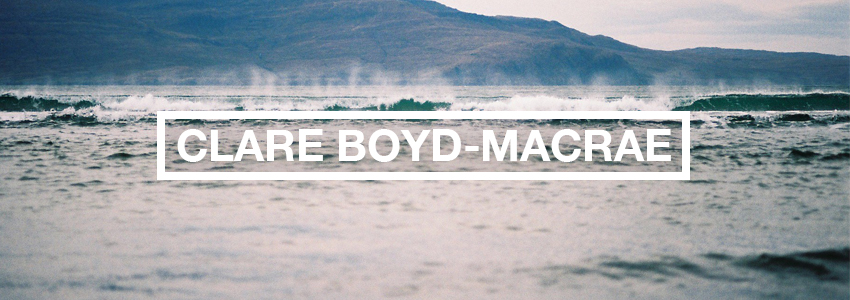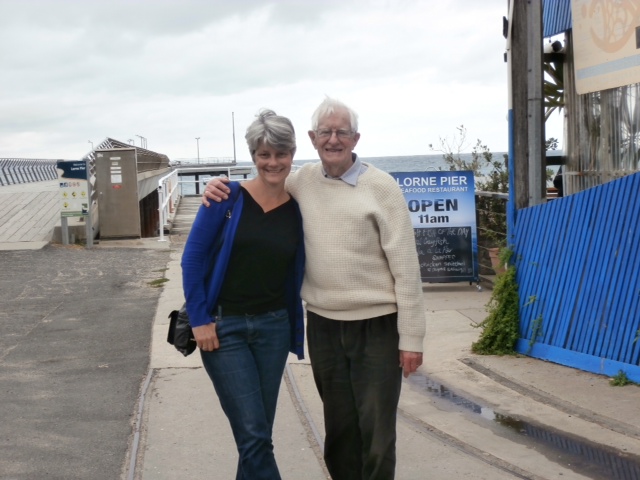Squatter
 Thursday, May 15, 2014 at 10:23PM
Thursday, May 15, 2014 at 10:23PM One of the things I miss most about the body I used to have is the ability to squat. This was brought home to me in a very practical way on a recent Easter camping trip, where we and the friends we have been doing this with for 21 years now, dig our own toilet. Squatting on same is impossible for me – painful, awkward, messy (too much information!) – I just can’t do it anymore. And unlike half the population who can wee standing up, when I’m away from a toilet, I need to squat several times a day. (I like the story about a little girl in the great outdoors watching fascinated as one of her little male friends has a pee, saying, ‘That’s a handy thing to bring on a picnic!’)
Squatting is a wonderful position for all sorts of reasons, and not just to answer the call of nature in the bush. In India, where I grew up, traditionally the squat is most people’s default position. I love the sight of old men, sitting around in a bunch, squatting and chatting, maybe smoking a beedi or sharing a hookah, maybe chewing betel nut and spitting great streams of liquid red out into the dirt from time to time. It looks so, well, utterly laid back. A common site on the streets of any Indian city is a sweeper, caressing the dirty ground with his or her twig broom, moving along without ever getting out of their squatting position
And squat toilets are great. I prefer them to the ‘Western style’ ones when I’m in India, especially if I’m on a train, because with the sit down ones, you never know what you might be sitting on. My preference was confirmed for ever the time I sat on a rickety old western style toilet in a place we were staying and looked down just in time to see a narrow head with a long and flickering tongue emerging from the water. I screamed and bolted, a thousand boarding school ghost stories about monsters coming up from the sewers running though my head. Our hosts said nonchalantly, oh yes, that would be a big kind of lizard that lives in the sewers and comes up occasionally. After that, I decided that if critters are going to be targeting my vulnerable nether regions, I need to be able to see them coming.
Squatting is a much better position for defecation anyway. And the perfect position for pushing out a baby. The peak of my career as a squatter was when I was pregnant and did daily pre-natal exercises that included several minutes of deep squats. I felt like a fertility goddess - powerful and content and grounded, squatting peacefully and flexibly with my big, strong thighs on either side of my massive, life-sheltering belly.
I miss squatting at other times too: retrieving an object from the floor, taking a photo of something low down, getting on the level of toddlers and small children to talk to them or to pat a little dog.
But squatting is simply out of the question. Since my knee injury and surgery a couple of years back, it’s impossible. The surgeon who had a good look inside my knee told me there was no cartilage left in there, really, and it was just a matter of time before I would need a knee replacement.
Given that grim prognosis, I consider myself lucky to have had two years of walking many ks a day since then with very little pain. Isaiah 35, 3 has become one of my favourite Bible verses: ‘Strengthen weak hands and make firm the feeble knees’. Two weeks ago I came a cropper in the street, having tripped over a cracked bit of pavement. I came down hard on my bad knee and wrist and feared the worst. Amazingly, nothing broke and after a sore couple of days, the knee seemed to be in good working order. So, I really can’t complain.
Next Easter camping trip, though, I’m carrying a folding toilet seat strapped to my backpack.


